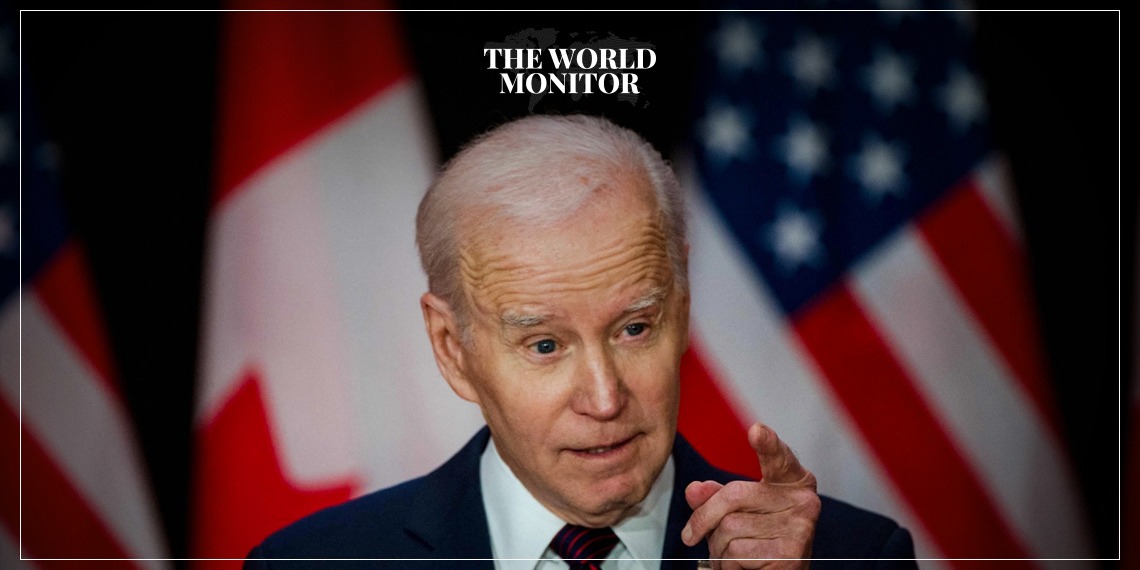A tense meeting between Palestinian President Mahmoud Abbas and US Secretary of State Antony Blinken in Ramallah last week revealed Washington’s proposal for a comprehensive package of reforms within the Palestinian Authority. These reforms aim to enable the authority to fulfill its responsibilities in the West Bank and Gaza Strip in the aftermath of the Gaza war. Among the proposed reforms is the appointment of a deputy for the president and granting broader powers to a new technocratic government to manage the “day after.”
The American proposal revolves around a series of measures to establish a new governance structure for managing the West Bank and Gaza, with expanded authority in areas of security, finance, and foreign relations. However, it is unlikely that President Abbas will readily comply with these increasing pressures to appoint a deputy or relinquish some of his powers in favor of a new prime minister. These differences between the Palestinian and American sides are widening the gap and raising concerns about the post-war reconciliation efforts.
President Abbas responded to Blinken’s proposal by emphasizing the need for Washington to launch an effective process aimed at ending the war in Gaza, initiating reconstruction, and creating a conducive environment for reforms. This includes ending the Gaza war, halting Israeli military incursions into West Bank cities, stopping settler attacks, and releasing the withheld funds, which make up approximately 65% of the annual budget of the Palestinian Authority. Abbas also stressed the necessity of a political horizon based on a two-state solution.
The Palestinian Authority’s cautious response to the “reform calls” poses a challenge for Washington, which ties its political and financial assistance to Ramallah and exerts pressure on the Netanyahu government to release funds as part of the expected changes in Ramallah. The American side does not seem to have an alternative vision for managing the situation in Gaza after the conflict, which enhances the maneuverability of the Palestinian Authority President.
Since the outbreak of the Gaza war, Washington has been exploring various scenarios regarding the “qualified” party to manage Gaza’s affairs post-war. After lengthy discussions within the US administration, considering options such as Israel taking control of post-war Gaza, forming a governance body from Gaza’s clans, or pushing for an Arab role in managing the sector, Washington ultimately reaffirmed the primary role of the Palestinian Authority in overseeing the West Bank and Gaza after the fighting. This is contingent upon the Palestinian Authority’s rapid implementation of a series of reform measures leading to the emergence of a “renewed authority” capable of handling the new phase.






